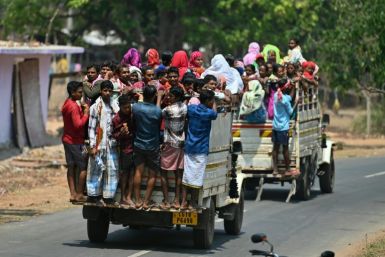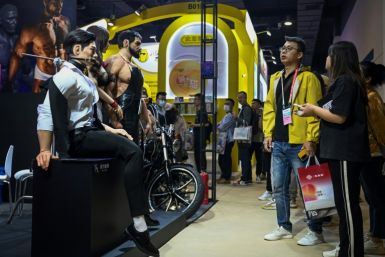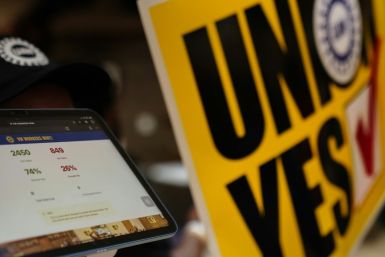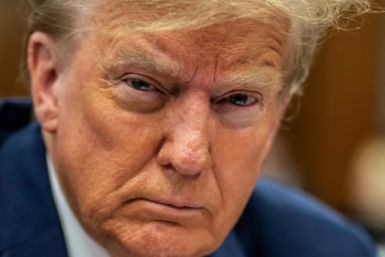Will Australia Bow Down? China Wants Labour Importation Part of Free Trade Agreement

Australia's definitely eager to clinch a free trade agreement with China, the world's second-largest economy. But will it bow down to the demands of the other Asian and bigger country? China wants the free trade agreement to include provisions, allowing the entry of foreign workers to work on Chinese-funded projects.
It's one of two major stalemates now towards the realization of an FTA between Australia and China. The other is investment.
Earlier, Australian Prime Minister Tony Abbott has already allowed so to speak that Chinese enterprises be afforded special treatment. This will happen by removing or changing the rule that the Foreign Investment Review Board needs to approve first all investments into the country. It's the same thing being given to South Korea and Japan. FIRB threshold conditions will be lifted from $248 million to $1 billion for investment by a private company.
To work around the stalemate, Mr Abbott has instead offered issuing 457 visas to projects that the Chinese want to build that require skills that cannot be obtained in Australia, according to a report by the Australian Financial Review.
"We now appreciate that most state-owned enterprises have a highly commercial culture," Mr Abbott said in Shanghai last week. "They're not nationalised industries that we used to have in Australia."
But the Australian PM knows he cannot give in to China's demands, otherwise he risks severe domestic political backlash.
"They (China) are pushing pretty hard on this sort of thing, especially on regional projects," the AFR report quoted an unidentified source. "They can be deployed quickly and bring in the skills they need."
"It's one of the issues being discussed but we're not going to open the floodgates."






